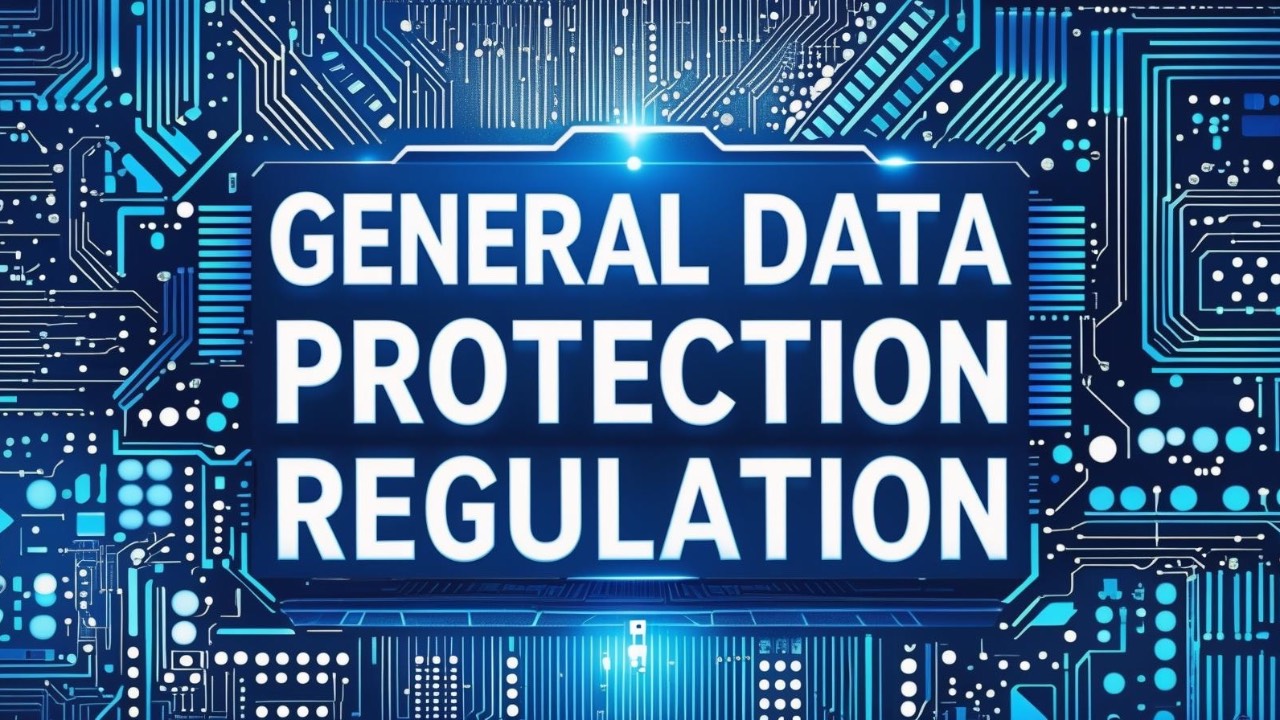What Is GDPR? Understanding the General Data Protection Regulation and Why It Matters
Oct 28, 2025
What Is the General Data Protection Regulation (GDPR)?
As technology continues to evolve and be a large part of every aspect of our lives, so do concerns about privacy and the use of personal data. Many people share personal information online daily, whether shopping, signing up for services, or creating accounts. With this increase in data collection, the need for stronger privacy protections has become more critical than ever.
As a result, governments around the world have introduced laws to safeguard personal data. One of the most influential and far-reaching of these is the General Data Protection Regulation (GDPR), created by the European Union (EU).
What Is GDPR?
The General Data Protection Regulation (GDPR) is a privacy and security law that sets strict guidelines for how organizations collect, store, and manage personal data belonging to individuals in the European Union.
It officially went into effect on May 25, 2018, replacing the older Data Protection Directive.
The goal of GDPR is to give individuals more control over their personal data, ensuring it’s handled transparently, securely, and with consent.
Key Principles of GDPR
GDPR is centered around the rights people have regarding the collection and storage of their personal information. It sets the standard for how organizations should treat user data, regardless of size or location.
Here are some of the core principles:
1. Lawfulness, Fairness, and Transparency
Organizations must clearly communicate how they collect and use data. Users should always know what information is being collected and why.
2. Purpose Limitation
Data can only be collected for a specific, legitimate purpose, and it can’t later be used for something else without permission.
3. Data Minimization
Only the minimum amount of data necessary should be collected. Businesses shouldn’t gather more personal information than they need.
4. Accuracy
Personal data must be kept accurate and up to date. Inaccurate information should be corrected or deleted.
5. Storage Limitation
Data shouldn’t be stored indefinitely. Once it’s no longer needed, it should be deleted securely.
6. Integrity and Confidentiality
Companies must ensure data is protected against unauthorized access, loss, or damage through proper security measures.
GDPR Compliance Requirements
GDPR is a legal requirement for any organization handling EU residents’ data, even if the business itself isn’t located in Europe.
Some of the key compliance requirements include:
-
Consent must be clear and explicit
Businesses must ask for permission to collect personal information transparently. Pre-checked boxes or vague consent forms are not acceptable.
-
Individuals have the right to access and delete their data
Under GDPR, users can request to see what data an organization has about them,or to have it deleted entirely.
-
Mandatory breach notifications
If a data breach occurs, affected individuals must be notified within 72 hours.
-
Data protection officers (DPOs)
Some organizations are required to appoint a DPO to oversee GDPR compliance.
-
Applies globally
GDPR applies to any organization that collects, stores, or processes personal data from EU residents, even if the business operates outside the EU.
Final Thoughts
The General Data Protection Regulation set a new benchmark for data privacy and security worldwide. It gives individuals more power over their personal information and pushes organizations to operate with integrity and transparency.
Even if your business isn’t based in the EU, understanding GDPR is essential, because protecting user data isn’t just about legal compliance, it’s about maintaining trust in an increasingly digital world.
Getting Ready to Take a CompTIA Exam?
Get a FREE cheat sheet that will walk you through the 5 most common mistakes people make when taking a CompTIA exam and how to avoid them.
We hate SPAM. We will never sell your information, for any reason.
